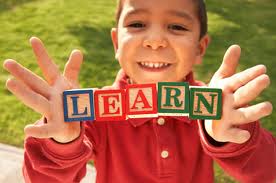Image source: When Winter Comes
During Christmas holidays in US schools are out and weather is cold, and holidays are busy and rushed for many, so how do weas parents make the most of the winter break? Actually, in our household and many other homeschooling family, winter break does not stop us from learning new things and skills. Learning happens during holidays break and even in weekend for many homeschooling family but in relaxed manner a bit.
Winter break are about 2 weeks or so, much shorter compared to summer break, even though it can get trying for some kids if they do not have some routine to follow and do. Here are some ideas for parents and kids to make most of the winter break!
1. Spend time learning weak subject during school break.
If your child has one particular subject area where she is not comfortable, you can spend more time practicing it in relaxed manner. Maybe taking and looking at the subject from different perspective may help understanding the topic much better when there is no pressure to meet deadline.
2. Take a break
Let your child or you take break from learning and teaching for short while. Making them decompress from information overload for short while will do kids and parents much good. That does not mean, sitting in front of television all day!
3. Go for fun field trips
You and your child (children) can take a day trip to local museums for fun field trip that is educational yet does not feel shcoolish. Many children love science museum outing where can see dinosaur fossils, hands on experience with many technological toys and gadgets. Petting zoos, Theme park such as Disney land, or Disney world can be be refresher.
4. Volunteer with your child
Winter break is perfect time to volunteer with your child at homeless shelter, food pantry, helping older neighbours with lawn mowing or son. During Christmas time, many people can use the help. If your child is young, you can still do little help with them to start off in giving spirit.
5. Enjoy Family Time
If you as a parent have break from work or you are at work at home mom, take it easy during last week of the year and spend time with family. You can watch Christmas movies together, play board games, do and make puzzles, sing a silly songs or whatever works well for you and your family.





